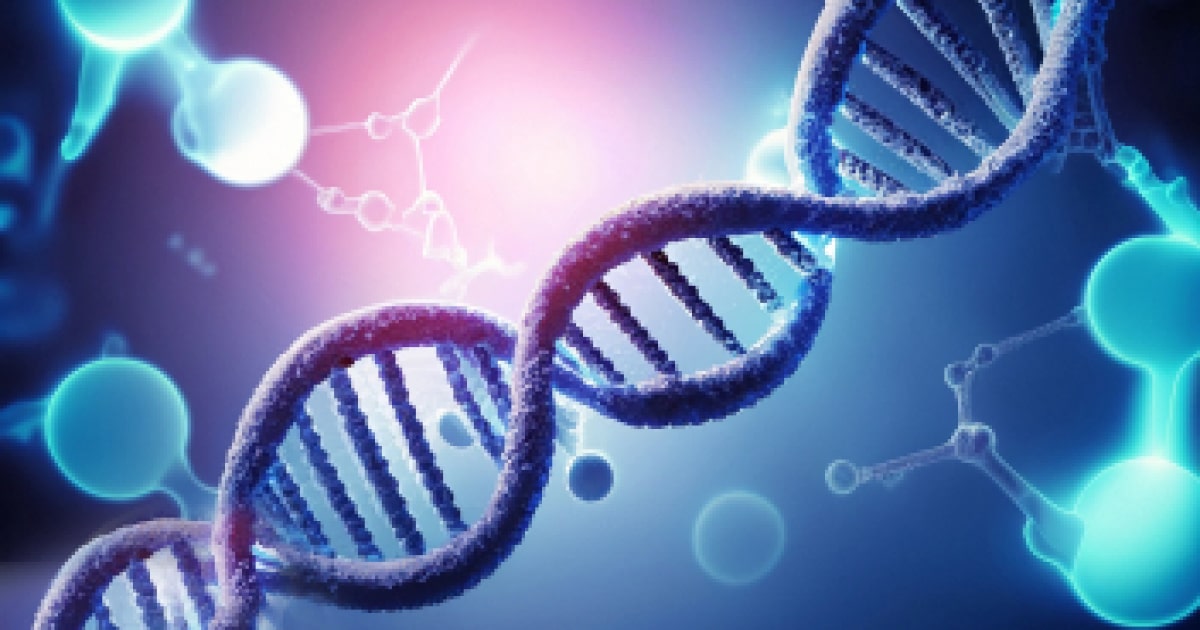
Expert Reviewed By: Dr. Brandon Colby MD
Chromosome 17q11.2 deletion syndrome, a rare genetic disorder, presents a unique set of challenges for both patients and healthcare providers. This condition, characterized by a deletion of approximately 1.4Mb on chromosome 17, can lead to a wide range of phenotypic manifestations. Understanding the nuances of this syndrome is crucial for accurate diagnosis and effective management. One of the most promising tools in this endeavor is genetic testing, which offers insights into the genetic underpinnings of the disorder.
Understanding Chromosome 17q11.2 Deletion Syndrome
Chromosome 17q11.2 deletion syndrome is a genetic condition caused by the deletion of a small segment of genetic material on chromosome 17. This deletion can disrupt the function of several genes, leading to a variety of clinical features. The syndrome is associated with developmental delays, intellectual disabilities, and a range of physical anomalies. However, the specific symptoms and their severity can vary widely among affected individuals.
The complexity of this syndrome arises from the diverse phenotypic features it presents. Some individuals may exhibit mild symptoms, while others may experience more severe manifestations. This variability poses significant challenges for diagnosis and management, making it essential to employ advanced diagnostic techniques such as genetic testing.
The Role of Genetic Testing in Diagnosing Chromosome 17q11.2 Deletion Syndrome
Identifying the Genetic Basis
Genetic testing plays a pivotal role in identifying the underlying genetic cause of chromosome 17q11.2 deletion syndrome. By analyzing an individual's DNA, healthcare providers can detect the presence of the 1.4Mb deletion on chromosome 17. This information is crucial for confirming a diagnosis and understanding the genetic basis of the disorder. Early identification through genetic testing allows for timely interventions and appropriate management strategies.
Guiding Clinical Management
Once a diagnosis is confirmed, genetic testing can guide clinical management by providing valuable information about the specific genes affected by the deletion. This knowledge can help healthcare providers tailor treatment plans to address the unique needs of each patient. For example, if the deletion impacts genes involved in cognitive development, targeted therapies and educational interventions can be implemented to support the individual's learning and development.
Facilitating Family Planning
Genetic testing is not only beneficial for affected individuals but also for their families. By understanding the genetic basis of the disorder, families can make informed decisions about future pregnancies. Genetic counseling can provide insights into the risk of recurrence and offer guidance on family planning options, such as prenatal testing or preimplantation genetic diagnosis. This empowers families to make choices that align with their values and goals.
Advancing Research and Understanding
Beyond its clinical applications, genetic testing contributes to advancing research and understanding of chromosome 17q11.2 deletion syndrome. By analyzing the genetic data of affected individuals, researchers can uncover new insights into the disorder's pathophysiology and identify potential therapeutic targets. This research has the potential to improve the lives of individuals with the syndrome and pave the way for future breakthroughs in genetic medicine.
Conclusion: The Promise of Genetic Testing
Chromosome 17q11.2 deletion syndrome presents a complex clinical picture, but genetic testing offers a powerful tool for unraveling its mysteries. By identifying the genetic basis of the disorder, guiding clinical management, facilitating family planning, and advancing research, genetic testing holds the promise of improving outcomes for affected individuals and their families. As we continue to explore the genetic landscape of this syndrome, we move closer to a future where personalized medicine can unlock new possibilities for those living with chromosome 17q11.2 deletion syndrome.
For more detailed insights into the molecular genetics and clinical challenges of similar syndromes, you can refer to this comprehensive review.
About The Expert Reviewer
Dr. Brandon Colby MD is a US physician specializing in the personalized prevention of disease through the use of genomic technologies. He’s an expert in genetic testing, genetic analysis, and precision medicine. Dr. Colby is also the Founder of and the author of Outsmart Your Genes.
Dr. Colby holds an MD from the Mount Sinai School of Medicine, an MBA from Stanford University’s Graduate School of Business, and a degree in Genetics with Honors from the University of Michigan. He is an Affiliate Specialist of the American College of Medical Genetics and Genomics (ACMG), an Associate of the American College of Preventive Medicine (ACPM), and a member of the National Society of Genetic Counselors (NSGC)